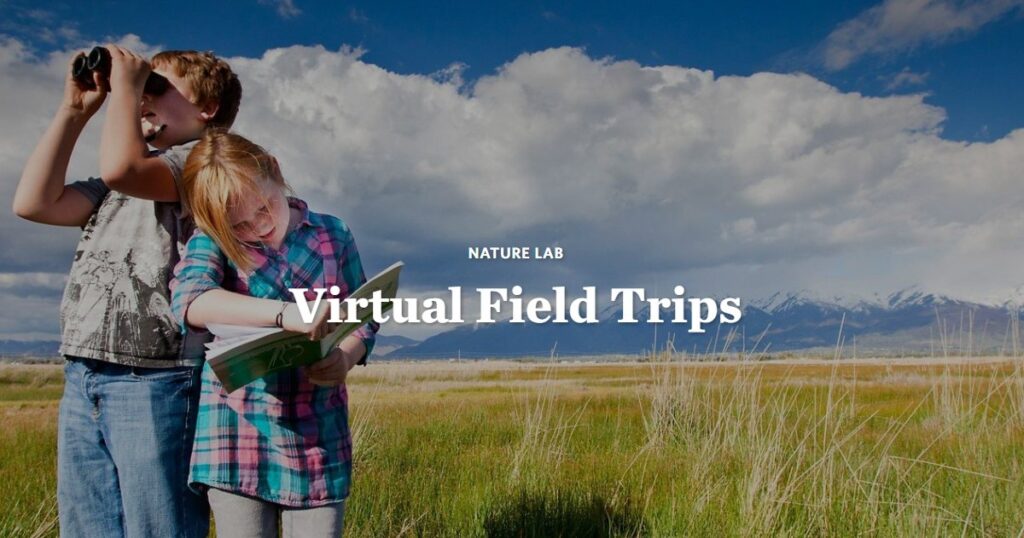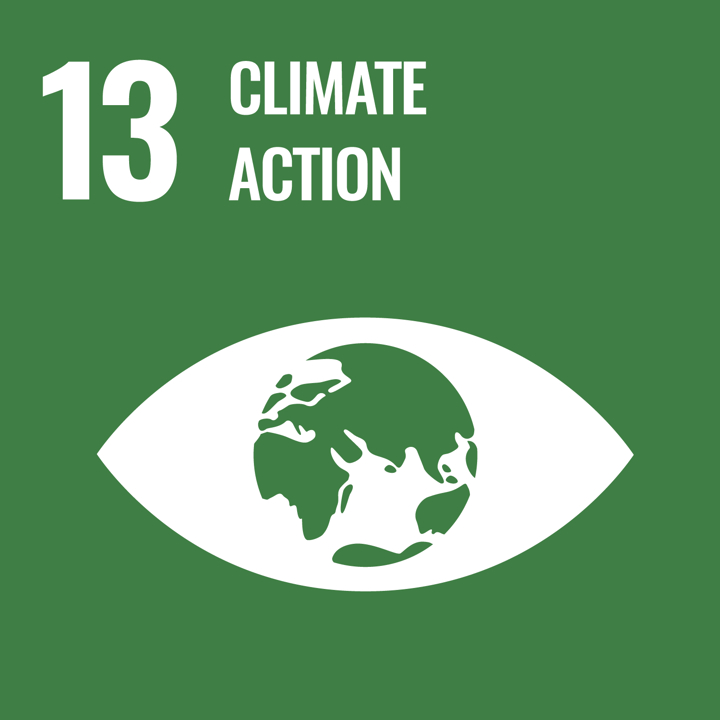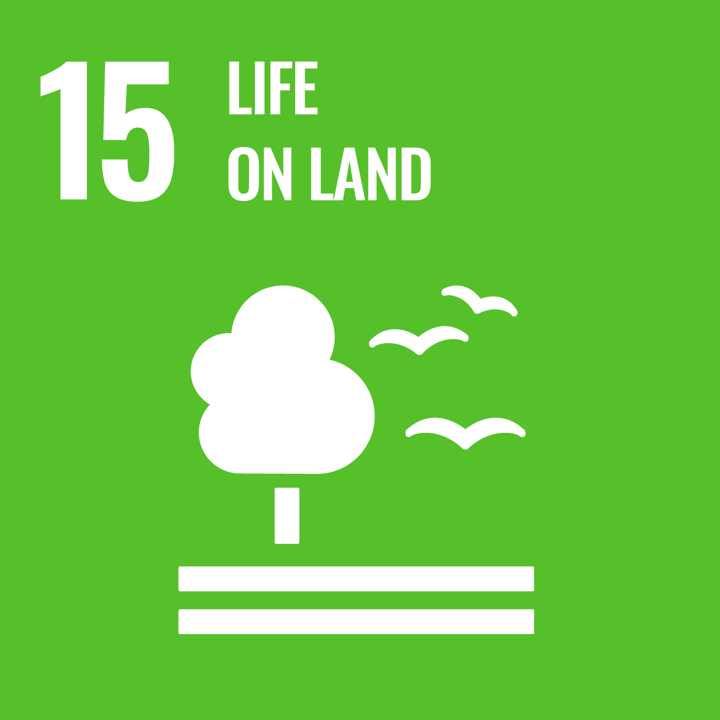
Intended End User: Teacher, School Leader, Teacher Educator
Age Group: Lower Primary; Upper Primary; Lower Secondary; Upper Secondary
School Curriculum: Maths; Science; Social, Social & Environment Science; Applied Science
Themes and Topics: Energy Use and Production; Behaviour & Lifestyle; Environmental Change; Food and Agriculture; Information & Knowledge
Duration: 50 minutes classes x 5
Type of Resource: Case Study, Game, Guidelines & Notes, Audio/Video, Lesson Plans, Online Tool, App/Software
Keywords: Biodiversity, Reforestation, Food Systems, Forest Habitats, Virtual Field Trip
Languages: English
Description
Through the material in this guide, students will explore responsible forest management while learning about key science concepts related to ecosystems and environmental sustainability. They will examine the factors that create and maintain a healthy forest, including biodiversity, nutrient cycling, and ecological interactions. Additionally, students will discuss the detrimental effects of deforestation and other human activities on forest ecosystems, gaining insights into conservation and environmental stewardship.
The resource builds from a virtual field trip on the importance of forest management, through a series of lessons and activities to a project-based learning approach where student make their own forest dioramas.
This Virtual Field Trip with supporting lesson plans and teaching resource are developed by Nature Conservancy’s Nature Lab. This resource is one in a range of virtual field trips and supporting resources developed by Nature Conservancy and available on the Nature Lab Virtual Field Trips website. Other virtual fields trip reources include ‘Ocean Justice and Youth Advocacy’, ‘Less Harm on the Farm: Regenerative Agriculture’ and ‘Changing Climate, Changing Cities’.
How to use this resource
The resource builds on the knowledge of students with new perspectives on the importance of trees and forests. The virtual tour is accompanied with questions to promote groups discussions and a Kahoot game to assess for learning. This extends to the school campus and becoming more familiar with the trees around them.
For schools with limited resources and ability to travel for field trips, the virtual field trip offers teachers the ability to overcome barriers of time and distance to bring new learning opportunities to students. This virtual field trip, along with the range of others offered by Nature Lab, allow students to learn from experts in the field and view the challenges of forest management from a range of perspectives. The virtual field trip is supported with additional online resources, games, activities and lesson plans.
This virtual field trip resource pack for teachers must be synthesised by teachers to their own national curricula and local context to be most relevant and impactful for students. Teacher should be facilitated in building upon the resources provided with localised information and data on forest management and biodiversity. This process will then illuminate opportunities for interdisciplinary cooperation with other teachers and learning ecology.
This virtual field trip resource pack for teachers must be synthesised by teachers to their own national curricula and local context to be most relevant and impactful for students. Teacher should be facilitated in building upon the resources provided with localised information and data on forest management and biodiversity.
The resources
TEACHER’S GUIDE PDF:
The Working with Trees Virtual Field Trip can be accessed here on the Nature Conservancy Nature Lab website:
The Teachers’ Guide to Responsible Forest Management: How can we keep our forests healthy? Is available here:
Learning Outcomes
- Elicit prior knowledge and further develop knowledge and comprehension of key Sustainability Citizenship key concepts, challenging established worldviews and values.
- Apply a range of suitable tools and frameworks to promote student Sustainability Citizenship
- Reflect on practice and examine national curricula to identify opportunities to promote Sustainability Citizenship in interdisciplinary ways and engage with external stakeholders.
- Collaboratively synthesise the knowledge, tools and frameworks to create educational materials and lessons plans adapted to their own local context.
Green Competencies
- Embodying Sustainable Values: Valuing Sustainability; Supporting Fairness; Promoting Nature
- Embracing Complexity in Sustainability: Systems Thinking; Critical Thinking; Problem Framing
- Envisioning Sustainable Futures: Futures Literacy; Exploratory Thinking
- Acting for Sustainability: Collective Action
Creative Commons

This resource has been developed by Nature Lab, The Nature Conservancy’s youth curriculum platform. It is shared on the Synapses Teacher Academy Portal with kind permission from Nature Conservancy.
SDGs





